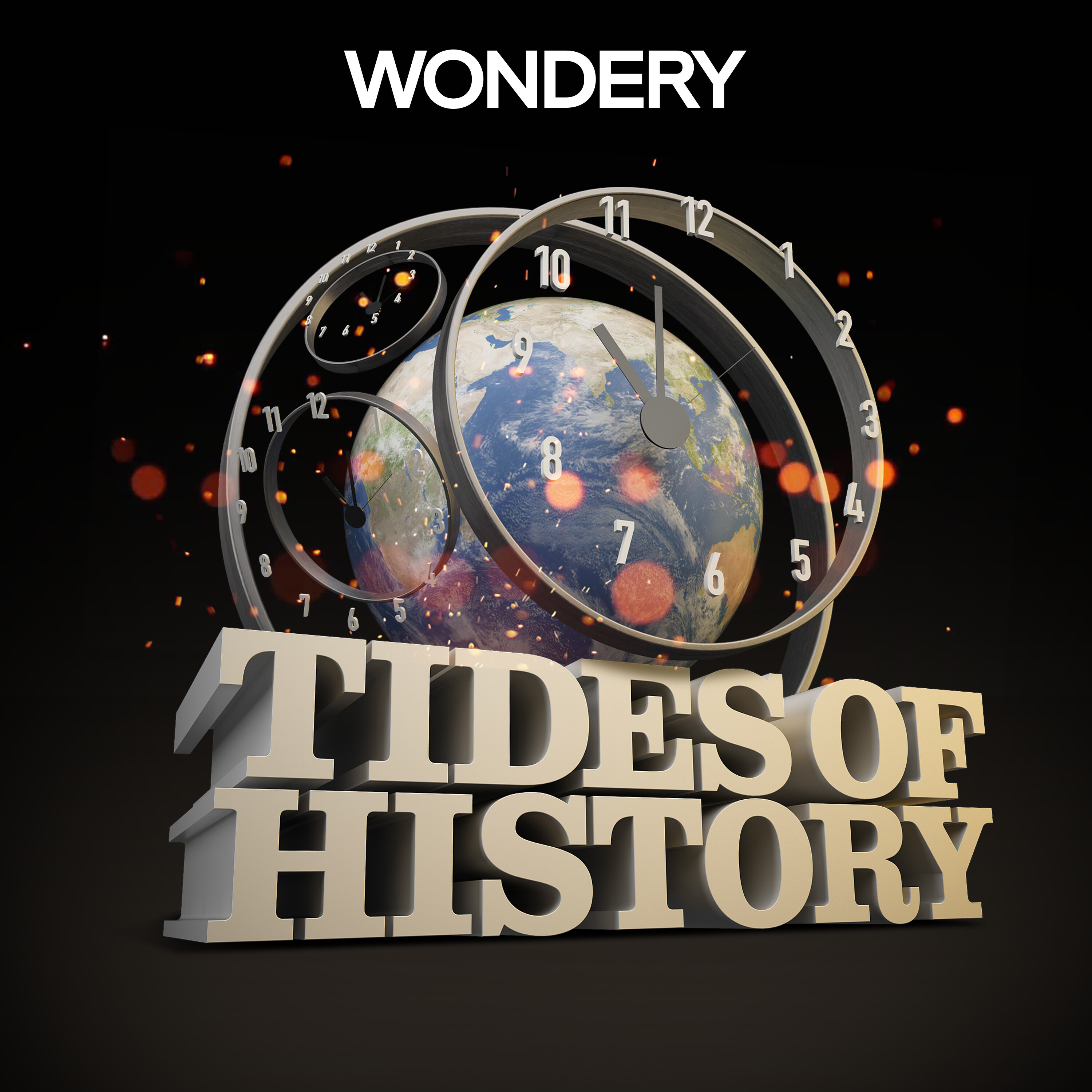Agriculture and Complex Societies in the Americas, 4000-1500 BC
The Americas from Foraging to Agriculture, 10,000 BC-4000 BC
Episode 6 - Grey DeLisle Griffin
40. Byzantine tales of horror and the macabre
Agriculture, Migration, and the Births of Language Families: Interview with Professor Peter Bellwood
056: The Seleucid Empire - A Royal Wedding, A Bactrian Revolt, & A Parthian Invasion
1. Intro
Alexander the Great
• 1. Intro
Alexander the Great
• 



